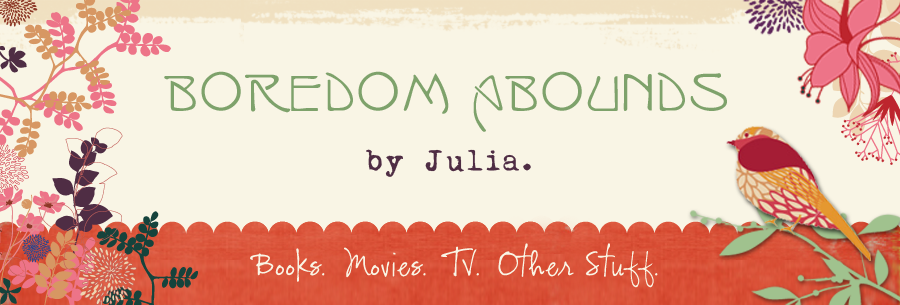Author: Kathryn Stockett
Publisher: Fig Tree/Penguin Group
Year of publication: 2009
Page extent: 400+
In her debut novel The Help
 , Kathryn Stockett manages to perfectly capture the atmosphere of a town at the brink of civil rights uproar from the perspectives of three different women living three very different lives.
, Kathryn Stockett manages to perfectly capture the atmosphere of a town at the brink of civil rights uproar from the perspectives of three different women living three very different lives.
The setting is Jackson, Mississippi in 1962 and the story begins with Aibileen, a middle aged black woman who works as a maid for a wealthy white woman about twenty years her junior. Aibileen has raised eighteen children in her life and only one of them was her own. She then introduces Minny, a fellow black woman who also works as a maid, but moves from job to job because of her hot temper and quick tongue – white women don’t like to be spoken back to in Jackson. Finally, we meet Eugenia “Skeeter” Phelan, a young white woman fresh out of college who has moved back into her childhood bedroom on her daddy’s cotton plantation.
Skeeter has no job, no suitor and no hope. She spends her days playing bridge and serving as the secretary/editor for the local Junior League with her friends, a group of well-to-do, uptight white women who have all managed to marry into money and pop out a couple of babies before their twenty fifth birthdays. Desperate for some sort of writing career, Skeeter takes a job at the local paper writing a household tips column, despite never having run a household in her life. She turns to Aibileen for help with the column, and a quiet friendship forms.
Alongside Skeeter’s interactions with Aibileen, Miss Hilly, Aibileen’s employer and Skeeter’s friend, begins campaigning for separate bathrooms for the “coloured” help, calling it “the home help sanitation initiative.” Appalled, Skeeter refuses to publish Hilly’s propaganda in the League’s newsletter, and begins to more closely observe the injustices and abuse white women subject their black maids to.
Skeeter quietly begins interviewing Aibileen about her life as a maid for white families with a view to getting the story published. A publisher in New York agrees to look at the story, but only if she can include at least twelve maids in her book. Enlisting the help of Aibileen, Skeeter begins secretly interviewing other maids in Jackson, on the condition of anonymity and her book begins to take shape.
A fragile friendship between Aibileen, Skeeter and Minny forms as they work on the book, with the understanding that they are never to speak of their project outside the walls of Aibileen’s house. Stockett’s depiction of these three women is incredibly realistic, with the tonal shift in voice from chapter to chapter making the characters leap off the page, often feeling as though the character is there, reading her chapter aloud to you and allowing you a glimpse into her life. Stockett moves seamlessly from the poor neighbourhood of the maids to the upper class houses of the white women, and manages to perfectly portray every character, from the three main protagonists to the secondary characters scattered throughout.
What Stockett also manages to convey, besides the daily injustices and racism suffered, is the love and compassion the maids have for the children they raise, and sometimes even for the women they work for. The novel is a heart felt and well constructed story, full of emotional ups and downs as the audience travels alongside these three women with separate voices and separate lives, but one common hope: equality.
I couldn’t put this book down – I read it in about three days and every time I opened it I was instantly transported to Jackson, Mississippi in the early 1960s. Every word written was thought provoking and evocative. It was a truly great read and I cannot recommend it enough – you simply HAVE to read this novel!
In a word: excellent.









